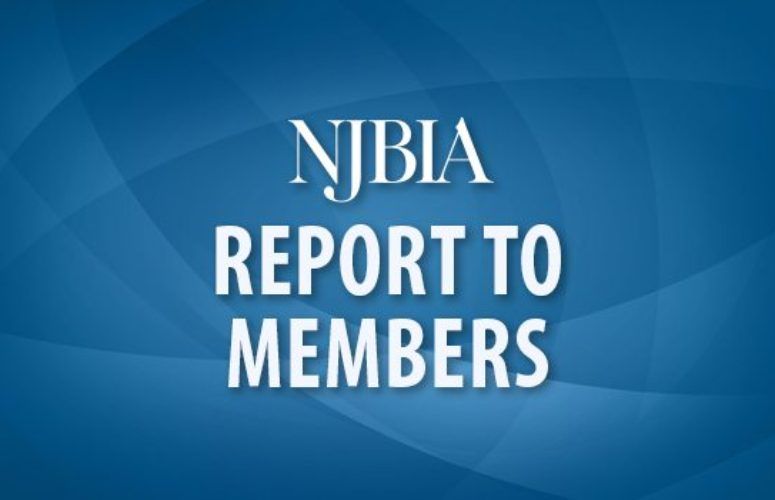
NJBIA Urges Legislature to Approve Transportation Trust Fund, Tax Relief Program
On Jun 27, 2016The New Jersey Business & Industry Association today urged the Assembly and Senate to approve compromise legislation that generates the revenue required to repair the state’s roads and bridges while also providing long-overdue tax relief, including the elimination of the estate tax and a sharp reduction in pension and retirement income taxes.
The legislative compromise also permits a state income tax deduction for charitable contributions and reduces taxes on low-income families by increasing the state’s Earned Income Tax Credit.
“This is an important step toward the comprehensive tax reform that is needed, so we can reverse the state’s outmigration problem,” said NJBIA President and CEO Michele Siekerka.
“New Jersey has experienced a net loss of $18 billion in adjusted gross income over the past decade because residents are taking their money and fleeing to states, such as Pennsylvania and Florida, which do not tax pensions or estates,” Siekerka said.
Siekerka said NJBIA supports the legislation because it achieves a balance between the need to raise money to fix the roads and bridges, which are vital to keeping the state’s economy moving, and the need to address comprehensive tax reform for residents and businesses alike. Most significantly, the plan provides the fiscal oversight necessary to make it work.
“The key to making this investment is protecting the investment once we make it,” Siekerka said. “We’ve had our transportation funds raided for other purposes by the state for decades, but this legislation recognizes that and affords us protection that our tax dollars will be used wisely and for the purpose that they were intended.”
Siekerka said NJBIA urges its 20,000 member companies, their more than 1 million employees and all New Jersey voters to support the proposed constitutional amendment, which requires gas tax revenues be dedicated specifically to transportation projects.
The legislation would also create a financial policy review board to act as a watchdog over the revenues and to make sure funds are spent in the most cost-effective manner, Siekerka noted.
“We need transparency and this bill does that by also creating a website where taxpayers can go and learn about the projects and how they are being funded,” Siekerka said. The new Infrastructure Bank within the existing Environmental Infrastructure Trust would ensure the right projects at the local level get funded in the most cost-effective manner, she said.
“The EIT has established a decades-long reputation as a fiscally prudent gatekeeper for ensuring taxpayers’ money is being properly spent,” Siekerka said. “EIT has a AAA bond rating that can leverage 10 times the state’s dollars to maximize our ability to do more with less.
“These bills offer the compromise needed to improve the state’s economic climate, providing a brighter future for businesses and taxpayers,” Siekerka said.
Related Articles:





